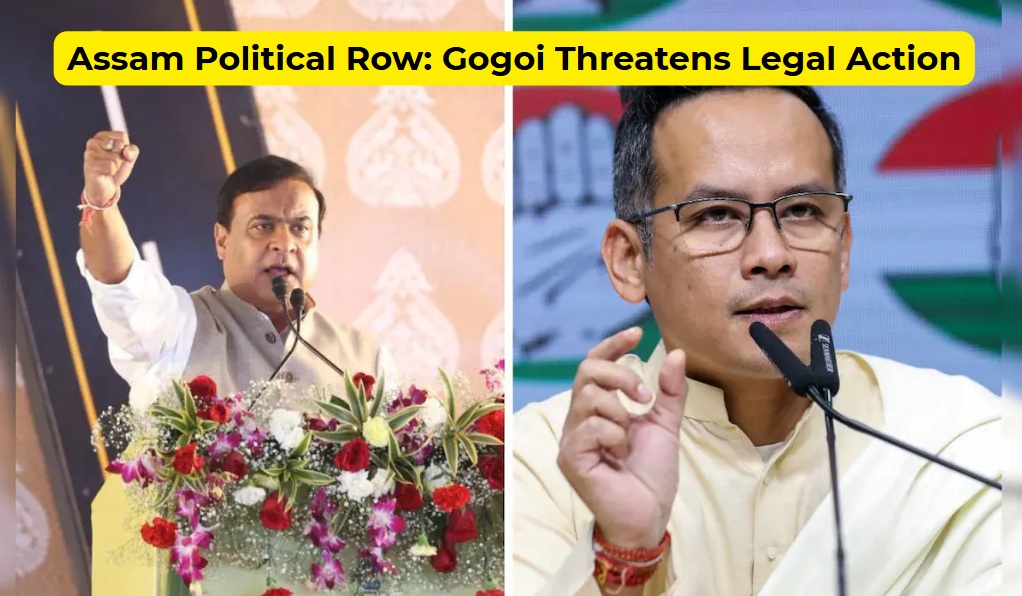The Supreme Court recently overturned the murder convictions of two individuals, emphasizing that confessions recorded by a Medical Officer while preparing injury reports during police custody are inadmissible as evidence. The bench, consisting of Justice B.R. Gavai and Justice Sandeep Mehta, clarified that such confessions are barred by Section 26 of the Indian Evidence Act, 1872.
In this case, the trial court had heavily relied on confessions made by the accused after they were brought to the hospital by police officers post-arrest. However, the Supreme Court held that these confessions were inadmissible. The Court observed, “We find that these so-called confessions are ex-facie inadmissible in evidence for the simple reason that the accused persons were presented at the hospital by the police officers after having been arrested in the present case. As such, the notings made by the Medical Officer, Dr. Arvindbhai (PW-2), in the injury reports of Mohmedfaruk @ Palak and Amin @ Lalo would be clearly hit by Section 26 of the Indian Evidence Act, 1872.”
Section 26 of the Indian Evidence Act stipulates that any confession made by a person in the custody of a police officer cannot be used against them unless it is made in the immediate presence of a Magistrate.
Background of the Case
The appellants, residents of New Memon Colony, Bhalej Road, Anand, were involved in a dispute over water supply in their area. On May 3, 2011, a meeting to resolve this issue led to an altercation between one of the appellants, Mohmedfaruk @ Palak, and Mohammad Sohail. This altercation allegedly fueled a grudge in Mohmedfaruk, who then conspired with the other appellants to eliminate Sohail.
On May 4, 2011, the appellants ambushed Mohammad Sohail and his cousin, Mohammad Arif Memon, as they were returning home. The appellants attacked Sohail with sharp weapons, inflicting fatal injuries, while Arif was pushed aside. Sohail succumbed to his injuries and was declared dead at the hospital.
An FIR was subsequently lodged by Arif Memon, leading to the investigation and arrest of the appellants. They were charged under Sections 302 (murder), 323 (causing hurt), and 120B (criminal conspiracy) of the Indian Penal Code (IPC).
Lower Court Verdicts
On October 13, 2014, the Additional Sessions Judge in Anand convicted the appellants under Section 302 read with Section 120B of the IPC, sentencing them to life imprisonment and imposing a fine of Rs. 1,000 each. They were, however, acquitted of the charge under Section 323 IPC. The Gujarat High Court later dismissed their appeals, prompting the appellants to approach the Supreme Court.
Arguments Presented
The defense counsel for the appellants pointed out various discrepancies in the case, such as the delay in lodging the FIR, challenges to the credibility of key witnesses, and inconsistencies in the evidence related to the weapons and the timeline of events.
The prosecution, on the other hand, argued that the case was backed by strong eyewitness testimony and medical evidence, both of which corroborated the charges. They emphasized that the FIR was lodged promptly, the attack was premeditated, and that the trial and High Courts had thoroughly examined the evidence before upholding the convictions.
Supreme Court’s Analysis and Verdict
The Supreme Court found several flaws in the prosecution’s case. The testimony of Demistalkumar, a police constable who claimed to have witnessed the incident and presented the weapons at the police station, was questioned due to inconsistencies. His statement was not recorded immediately, and he did not file a report. Additionally, his identification of the accused in court was unreliable, as there were no prior identification procedures.
The Court also noted significant discrepancies in the testimonies of the first informant, the Head Constable, and the Police Sub-Inspector (PSI) who registered the FIR. The first informant claimed to have filed the complaint at the police station, while the PSI stated that it was recorded orally at the hospital. The FIR itself lacked a time stamp, casting doubt on its authenticity and suggesting it might have been prepared after the investigation had begun.
Moreover, the Court highlighted contradictions regarding the presence of the first informant at the crime scene and his failure to report crucial details to a police constable present at the scene. The testimonies of other witnesses were also found to be unreliable due to discrepancies.
The confessions recorded by the Medical Officer were ruled inadmissible under Section 26 of the Indian Evidence Act. The forensic science laboratory (FSL) reports that linked the blood on the weapons to the deceased were deemed insufficient, given the irregularities in the seizure of the weapons.
Ultimately, the Supreme Court concluded that the prosecution had failed to establish the guilt of the accused beyond a reasonable doubt. The Court set aside the judgments of the trial court and the Gujarat High Court, leading to the acquittal of the accused.





